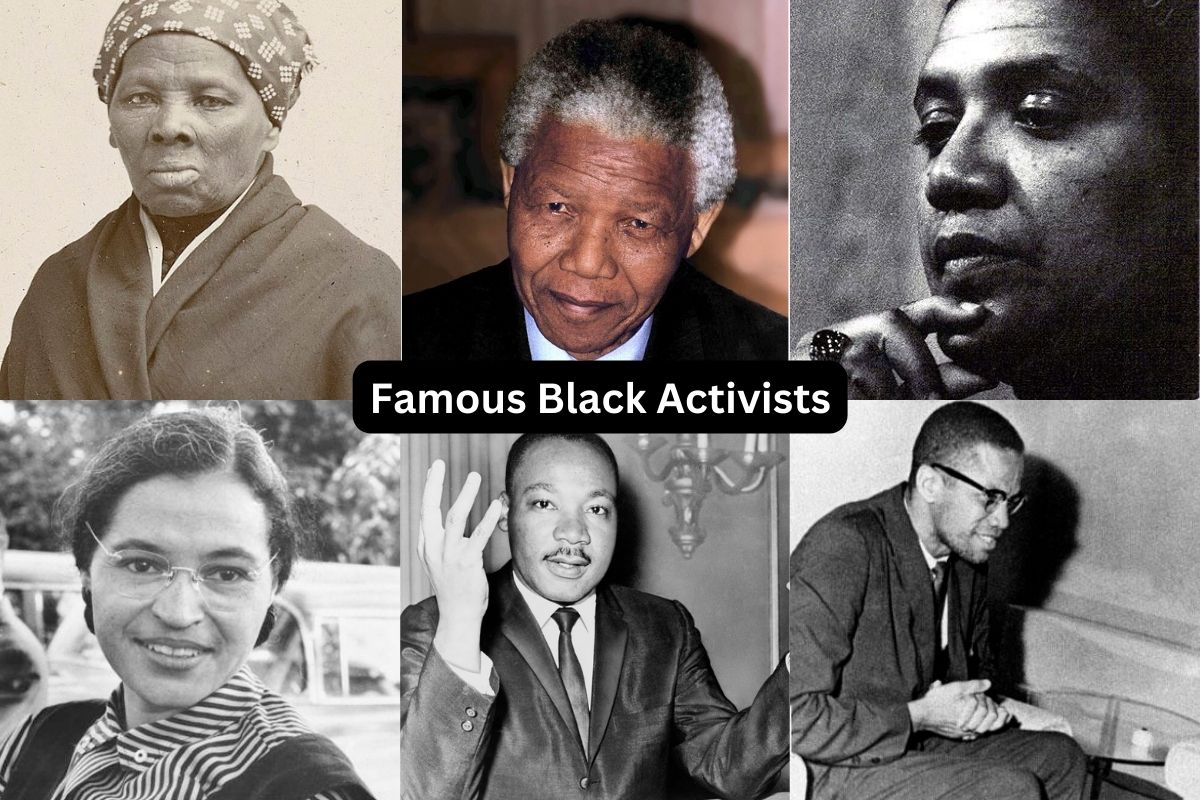Black activists are individuals who have played pivotal roles in advocating for civil rights, racial equality, and social justice for Black communities.
They have been at the forefront of various movements, striving to dismantle systemic racism, challenge discriminatory practices, and uplift the voices and experiences of Black people.
These activists have employed a range of strategies, from peaceful protests and nonviolent resistance to more confrontational approaches, all with the aim of bringing about positive change and advancing the rights and well-being of Black individuals.
Through their dedication, courage, and determination, Black activists have significantly impacted societies and inspired movements for justice and equality worldwide.
Famous Black Activists
1. Martin Luther King Jr.
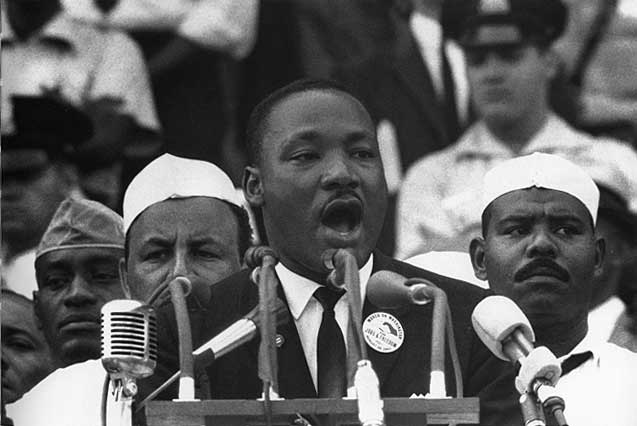
Martin Luther King Jr. was a pivotal leader in the American civil rights movement during the 1950s and 1960s. He is perhaps best known for advocating nonviolent methods to protest racial segregation and injustice.
His inspirational speeches, including the famous “I Have a Dream” speech, highlighted his vision of a racially integrated and harmonious America.
King’s leadership was instrumental in events like the Montgomery Bus Boycott and the March on Washington for Jobs and Freedom.
Tragically, he was assassinated in 1968, but his legacy continues to inspire movements for racial equality worldwide.
2. Malcolm X
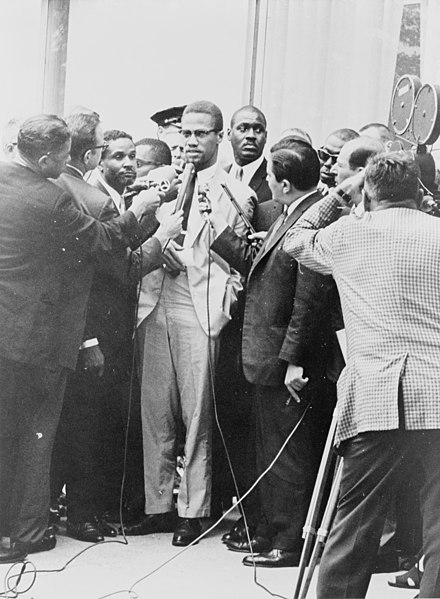
Malcolm X, born Malcolm Little, was a prominent figure in the Civil Rights Movement known for his advocacy of Black nationalism and self-defense.
He was a charismatic speaker who urged Black people to take pride in their heritage, reject white supremacy, and assert their rights. Initially associated with the Nation of Islam, Malcolm X later distanced himself from the group and broadened his focus to include broader civil rights issues.
His autobiography, co-authored with Alex Haley, offers insight into his transformation and beliefs. Sadly, Malcolm X was assassinated in 1965, but his ideas continue to influence discussions on race and social justice.
3. Rosa Parks
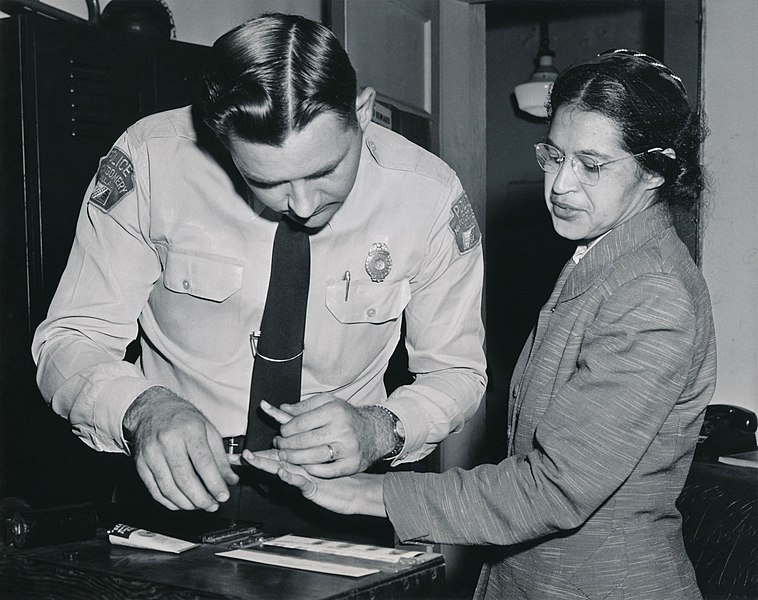
Rosa Parks became a symbol of resistance against racial segregation when she refused to give up her seat to a white passenger on a Montgomery, Alabama bus in 1955.
Her act of defiance led to the Montgomery Bus Boycott, a pivotal event in the Civil Rights Movement that lasted over a year and ultimately resulted in the desegregation of Montgomery’s bus system.
Parks’ quiet courage and determination to challenge injustice sparked a wave of protests and actions that helped pave the way for broader change in the fight for racial equality.
4. Angela Davis
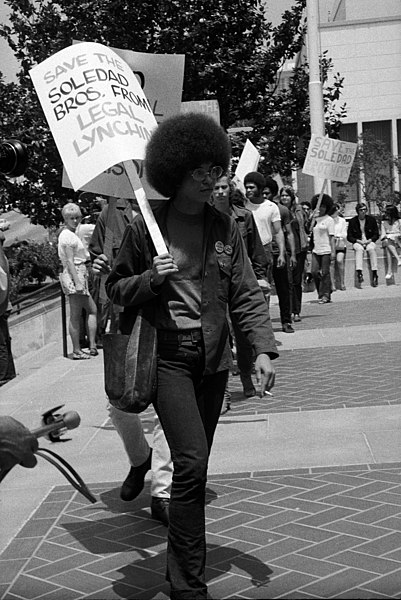
Angela Davis is a renowned activist, scholar, and author who has been at the forefront of various social justice movements.
Her work often intersects with issues of race, gender, and class. Davis gained national attention for her involvement with the Black Panther Party and the Communist Party USA.
She is known for her advocacy of prison abolition and her opposition to the prison-industrial complex, which disproportionately affects Black communities.
Davis’ scholarship and activism continue to inspire discussions on intersectionality and systemic injustice.
5. Nelson Mandela

Nelson Mandela was a pivotal figure in the struggle against apartheid, the racially discriminatory system in South Africa.
He spent 27 years in prison for his anti-apartheid activities and emerged as a global symbol of resistance. Mandela’s leadership and perseverance helped bring an end to apartheid, and he became South Africa’s first Black president in 1994.
He promoted reconciliation and unity, working to heal the deeply divided nation. His legacy of justice, forgiveness, and equality earned him international admiration.
6. Harriet Tubman
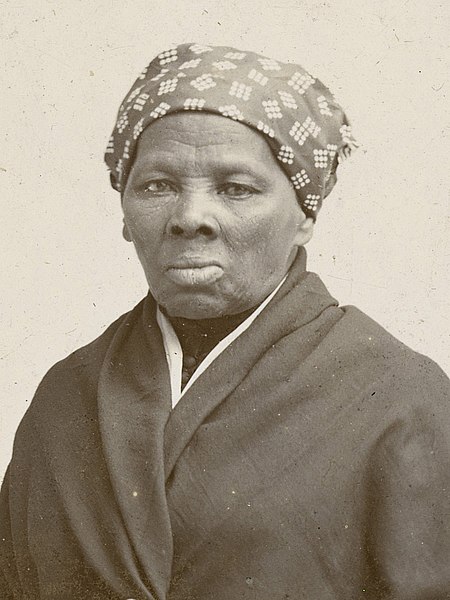
Harriet Tubman was an escaped enslaved woman who became a conductor on the Underground Railroad, a network of safe houses and routes that helped enslaved individuals escape to freedom.
Her courage and determination led her to make numerous dangerous trips back to the South to rescue others.
Tubman’s efforts saved countless lives and made her a symbol of resistance against slavery. Later in life, she became involved in the women’s suffrage movement, advocating for gender equality as well.
7. Audre Lorde
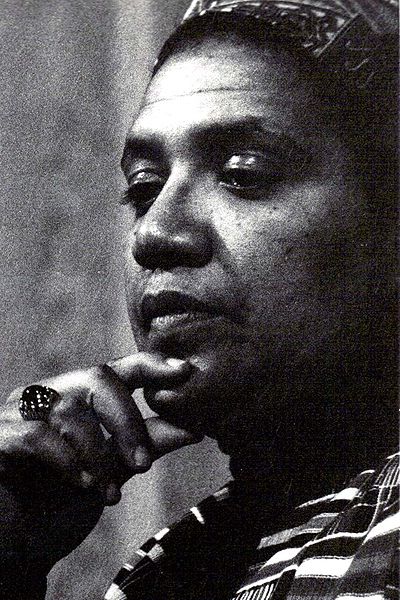
Audre Lorde was a black poet, essayist, and civil rights activist known for her intersectional approach to feminism and her advocacy for the rights of Black women and LGBTQ+ individuals.
Her work often focused on issues of identity, race, gender, and sexuality. Lorde co-founded Kitchen Table: Women of Color Press, a platform for marginalized women’s voices.
Her writing and activism emphasized the importance of self-expression, empowerment, and solidarity within marginalized communities.
8. Ida B. Wells
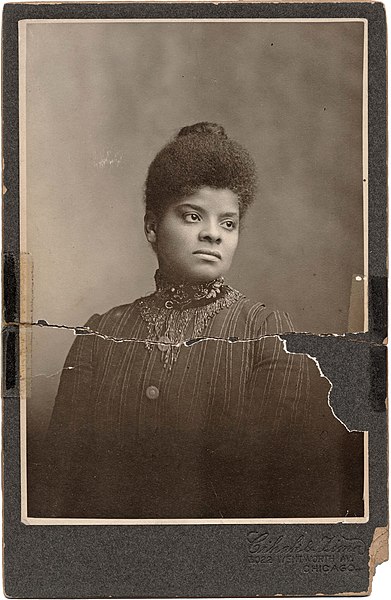
Ida B. Wells was a journalist, suffragist, and anti-lynching activist during the late 19th and early 20th centuries. She used her writing to expose and protest the lynching of Black individuals, advocating for an end to this horrific violence.
Wells’ investigative journalism and tireless activism brought attention to the racial injustices of her time and paved the way for future civil rights efforts.
9. Fannie Lou Hamer
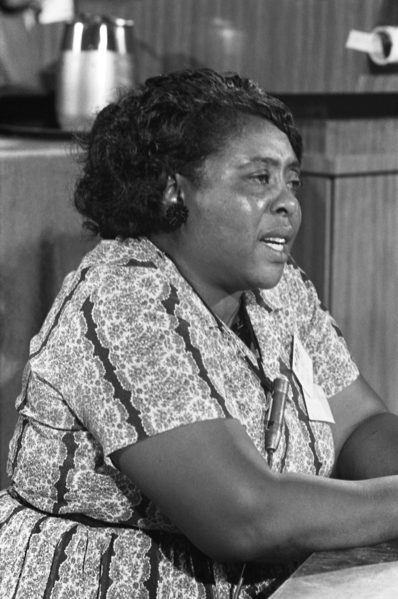
Fannie Lou Hamer was a formidable figure in the Civil Rights Movement, known for her grassroots organizing and advocacy for voting rights.
She co-founded the Mississippi Freedom Democratic Party, which aimed to challenge the all-white Democratic Party in the racially segregated South.
Hamer’s powerful speeches and unwavering determination inspired many to fight for political representation and civil rights.
10. Bayard Rustin
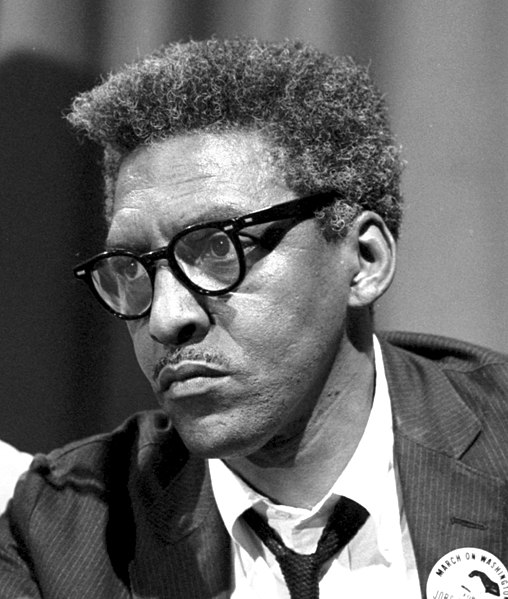
Bayard Rustin was a civil rights activist known for his leadership in advocating for nonviolent resistance and equality.
He played a crucial role in organizing the 1963 March on Washington for Jobs and Freedom, where Martin Luther King Jr. delivered his iconic “I Have a Dream” speech.
Despite his impactful contributions, Rustin faced discrimination within the civil rights movement due to his sexual orientation. He was also an advocate for LGBTQ+ rights and pacifism.
